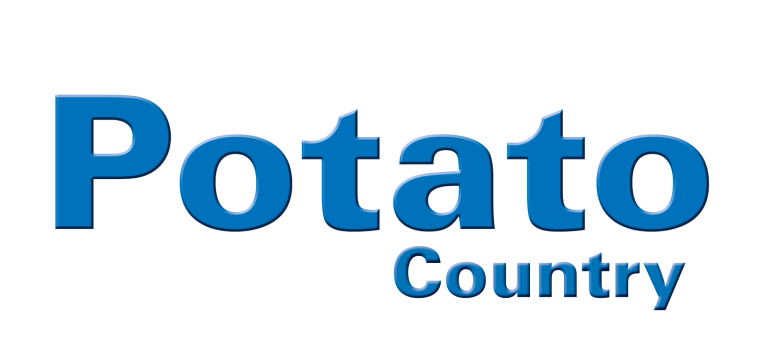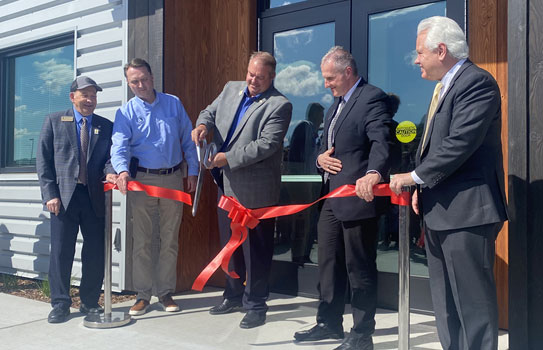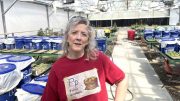|
Click to listen to this article
|
The Idaho Potato Commission (IPC) participated in a ribbon-cutting ceremony at the University of Idaho’s College of Agriculture and Life Sciences to officially recognize the opening of the new Seed Potato Germplasm Laboratory. The state-of-the-art facility is critical to maintaining the quality of one of Idaho’s most important agricultural commodities, the potato.
The $5.3 million laboratory, which was funded by the IPC and several other contributors, was built to address greater demand for disease-free plantlets and mini-tubers than current capacity allows, ultimately benefitting the entire industry:
- Size: The larger facility will allow more plantlets and mini-tubers to be studied, increasing plant production by three times over the next five years.
- Greenhouse Production Reduction: Allow growers to reduce their current greenhouse production of mini-tubers, ultimately saving them time and money.
- Biosafety: The laboratory is located in the new building to ensure biosafety. The healthy plants/seedlings will be isolated from research being conducted on potato pathogens.
- Increased cold storage capacity: This allows for greater production of current varieties to meet the industry needs while supporting increased development of new varieties.
“The Idaho Potato Commission’s investment in the Seed Potato Germplasm Laboratory is critical to the future of the Idaho potato,” explained Jamey Higham, President and CEO, IPC. “We’ve got the smartest minds in agriculture, devoting one hundred percent of their time studying the potato and researching ways to improve yield, develop new varieties and identify ways to protect the potato from known and unknown pathogens.”
SOURCE: IPC






